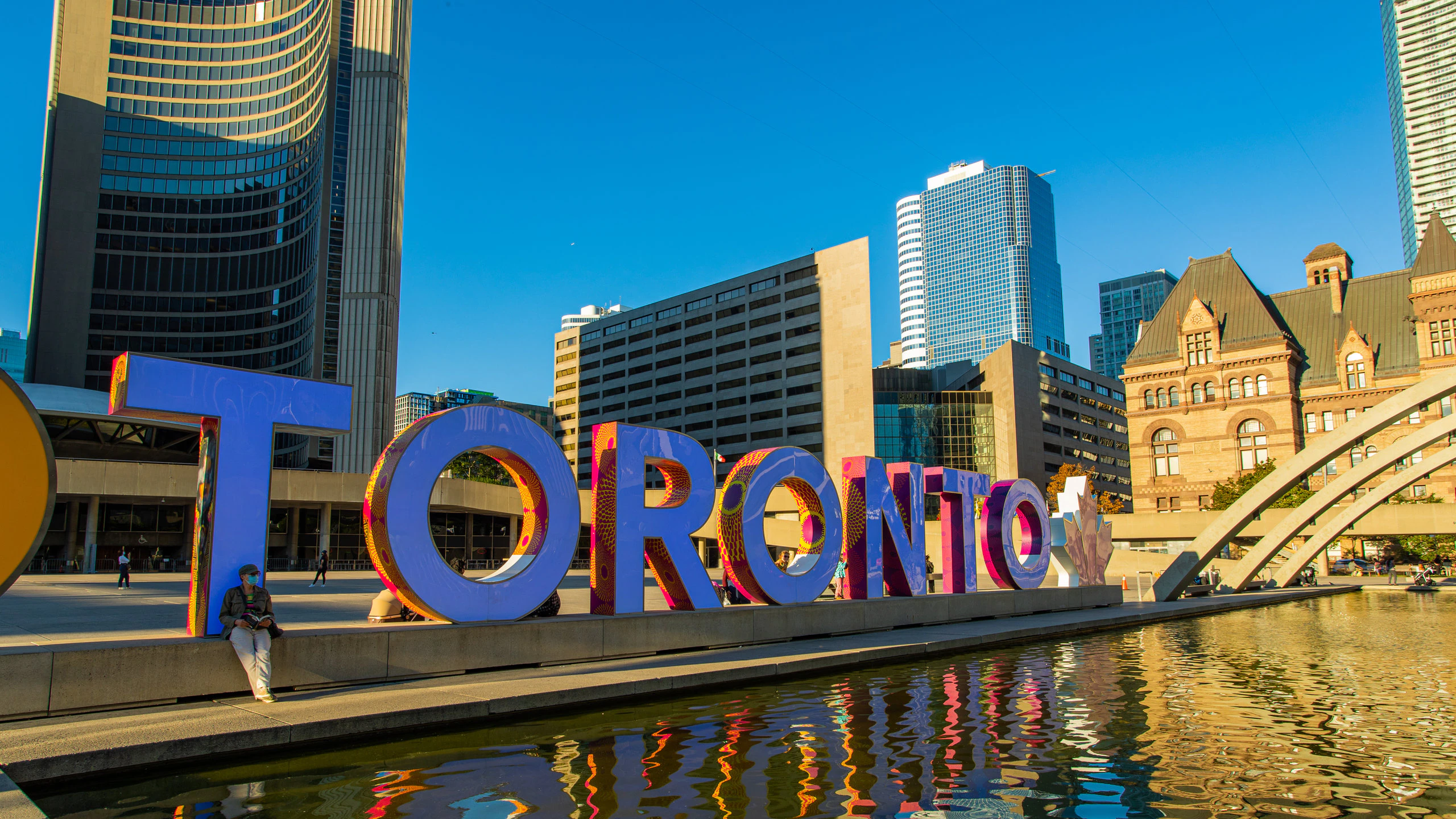If you’re thinking about moving to the Netherlands, you’re likely wondering: What visas are available, and which one fits you best?
The Netherlands offers clear paths whether you’re coming for work, study, business, or family reasons. I’ll explain these routes in plain English—no filler, no fluff. You’ll learn exactly what each pathway requires and what steps you’ll take.
What Types of Visas Are Available?
The Netherlands has several main visa options for immigrants who want to stay longer than three months:
-
Highly Skilled Migrant Visa
-
EU Blue Card
-
Intra-Corporate Transferee (ICT) Permit
-
Startup or Self-Employment Visa
-
Orientation Year Visa for Graduates
-
Family Reunification
Choosing the right option depends on your situation: work, study, starting a business, or joining family. Each comes with its own conditions and benefits.
🇳🇱 1. Highly Skilled Migrant Visa
This route is for foreign workers with a job offer from a Dutch employer registered with the immigration service (IND).
What you need:
-
A job offer from a recognized sponsor (your employer must be on the IND list)
-
Monthly salary that meets the threshold:
-
Under 30 years: €4,171 gross
-
30 years or older: €5,688 gross
-
-
A valid long-stay visa (MVV) if required
-
Clean record and health insurance
How it works:
Your employer applies to the IND and, once approved, you receive a residence permit that doubles as your work permit. You can start work and even run a side freelance business under certain conditions. The permit is valid for the length of your contract, up to five years.
2. EU Blue Card
If your salary is high enough and you have a university degree, you may qualify for the EU Blue Card.
Requirements:
-
Job offer with at least €5,688 monthly gross
-
Recognized employer
-
Valid degree at Bachelor level or higher
Benefits:
It gives access to long-term residence in the Netherlands and other EU countries. Also, there’s a reduced salary threshold of €4,551 for recent graduates.
3. Intra-Corporate Transferee (ICT) Permit
If your current employer abroad needs to transfer you to a Dutch office as a manager, specialist, or trainee, the ICT permit applies.
What you need:
-
At least three months of employment with your current employer
-
A job offer in the Netherlands
-
Employer must be a recognized IND sponsor
This is ideal if you’re already part of an international company and need to work in the Netherlands temporarily.
4. Orientation Year Visa for Recent Graduates
Just graduated from a top international or Dutch university? You can apply for a one-year visa to stay and look for work.
Details:
-
You must apply within three years of graduation
-
Minimum monthly income required is €2,989
This gives you a full year to search for a job, gain a contract, and then apply for the Highly Skilled Migrant Visa.
5. Startup and Self-Employment Visa
Want to launch a business in the Netherlands? The country supports entrepreneurs with two options:
-
Startup Visa: For innovative business ideas working with a recognized facilitator
-
Self-Employment Visa: Requires proving your business serves Dutch interests and generates enough income.
Both give you one year to develop your business plan, gather clients, and apply for renewal.
6. Family Reunification
If your partner or direct family member already lives legally in the Netherlands, you can apply for family reunification.
Requirements:
-
Sponsor in the Netherlands must earn enough to support you
-
You must pass a basic Dutch and civic integration exam before arriving (depending on your nationality)
-
You must learn Dutch to level B1 within three to five years after arrival
How to Apply and What to Expect
-
Check eligibility: Visit the IND site to confirm your visa category and requirements
-
Secure a sponsor or job offer: Employer must be recognized by IND for work visas
-
Prepare documents: Passport, employment contract, proof of income, education, health insurance
-
Apply for MVV (if needed) and residence permit: Your employer often applies online; you may need to visit a Dutch embassy
-
Arrive and register: Within hours of arrival, register with the local city hall to get your Citizen Service Number (BSN)
-
Complete integration: Learn Dutch and pass civic exams if you stay long-term
Key Points to Remember
-
Salary thresholds change each year. As of 2025, income requirements increased by 6.7%
-
Dutch integration test is mandatory for long-term stays or family visa holders
-
After five years with legal residence, you can apply for a permanent residence permit with unlimited work rights.
Final Thoughts
The Netherlands has clear visa routes tailored for workers, graduates, entrepreneurs, and families. If you have a job offer or qualification aligned with Dutch needs, you’re already on a strong path. Understand the requirements, choose the visa that matches your background, and prepare your documents carefully.
With proper planning and a recognized sponsor, you can arrive with the right permit and start building your new life. The process may seem complex, but take it step by step—and soon enough, you’ll be on your way to living and working in the Netherlands.


